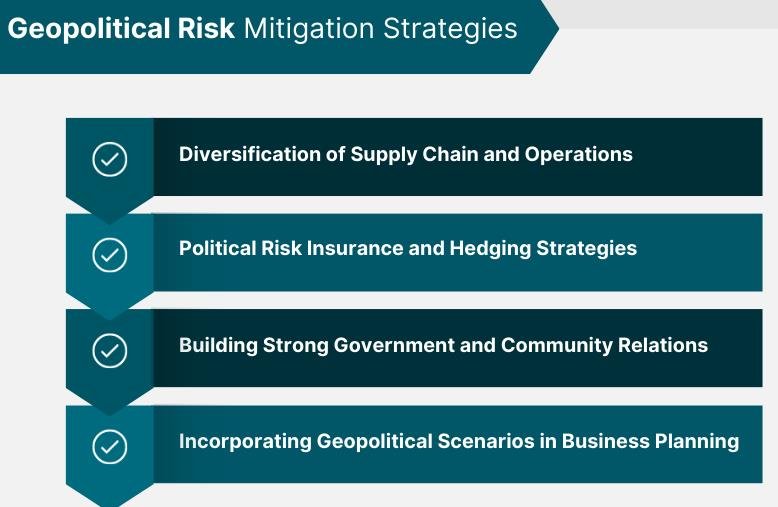Saudi Arabia reportedly issued veiled threats to the Group of Seven (G7) nations, warning that it might sell off European debt holdings if Western allies seized approximately $300 billion in frozen Russian assets. This move comes amid ongoing deliberations by the G7 on how to handle the frozen assets, which were initially seized in response to Russia’s invasion of Ukraine. The Saudi threats have added a new layer of complexity to the geopolitical and economic landscape, highlighting the kingdom’s strategic leverage.
The threats from Saudi Arabia were reportedly communicated through its finance ministry earlier this year. The kingdom expressed its opposition to the potential seizure of Russian assets, suggesting that such a move could prompt Saudi Arabia to liquidate some of its European debt holdings, particularly those issued by France. This warning was seen as a significant show of economic force, aimed at influencing the G7’s decision-making process.

The G7, which includes the US, UK, Canada, France, Germany, Italy, and Japan, has been considering various measures to support Ukraine financially. One of the proposals involved using the profits generated from the frozen Russian assets to fund a $50 billion loan package for Ukraine. However, the idea of outright seizing the assets has faced resistance, partly due to concerns about the potential repercussions from other global players like Saudi Arabia.
Saudi Arabia’s stance reflects broader concerns among Gulf states about the precedent such asset seizures could set. There is apprehension that similar measures could be applied to their assets in the future, especially in light of ongoing criticisms of their human rights records and foreign policy decisions. This geopolitical maneuvering underscores the delicate balance of power and the interconnected nature of global financial systems.
Implications for Global Financial Markets
The potential sale of European debt holdings by Saudi Arabia could have significant implications for global financial markets. European bonds, particularly those issued by France, are considered stable investments, and any large-scale liquidation could disrupt market stability. Such a move would likely lead to increased volatility and could impact the borrowing costs for European governments.
Moreover, the threat highlights the strategic use of financial assets as a tool of geopolitical influence. By leveraging its substantial holdings of European debt, Saudi Arabia is signaling its willingness to use economic means to achieve its political objectives. This tactic is not new but underscores the growing importance of financial diplomacy in international relations.
The situation also raises questions about the effectiveness of sanctions and asset freezes as tools of foreign policy. While these measures are intended to pressure target countries, they can also provoke unintended consequences and resistance from other influential players. The Saudi threats illustrate the potential for backlash and the need for careful consideration of the broader implications of such actions.
Future Prospects and Strategic Considerations
Looking ahead, the G7’s handling of the frozen Russian assets will be closely watched. The decision will not only impact the financial support for Ukraine but also set a precedent for future actions involving frozen assets. The G7 must navigate this complex situation, balancing the need to support Ukraine with the potential risks of provoking economic retaliation from powerful states like Saudi Arabia.
For Saudi Arabia, the situation presents an opportunity to assert its influence on the global stage. By taking a firm stance against the seizure of Russian assets, the kingdom is positioning itself as a key player in the geopolitical landscape. This move could strengthen its alliances and enhance its strategic leverage in future negotiations.
The broader implications of this situation extend beyond the immediate financial and geopolitical concerns. It highlights the interconnectedness of global financial systems and the potential for economic actions to have far-reaching consequences. As countries continue to navigate these complexities, the importance of strategic foresight and diplomatic engagement becomes increasingly evident.
